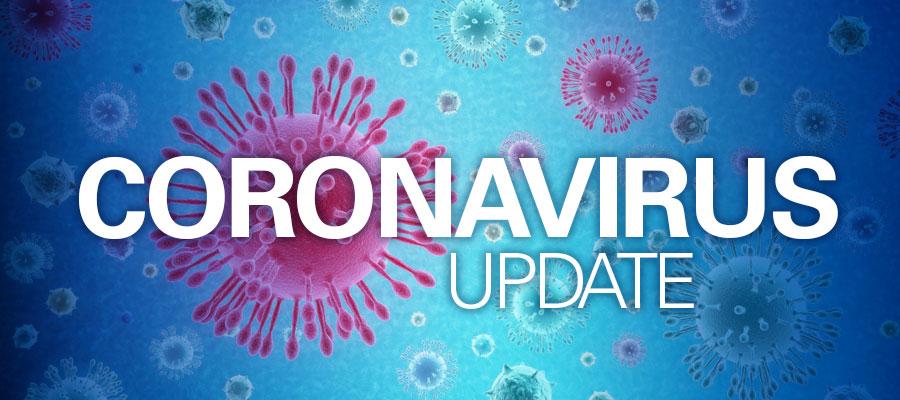Experts identify strategies to promote social distancing, masking

The National Academies of Sciences, Engineering, and Medicine’s Societal Experts Action Network, which responds to policy questions arising from the COVID-19 pandemic, yesterday released guidance on strategies to encourage protective behaviors such as wearing a mask, social distancing and hand washing.
Based on research from communications, social psychology and behavioral economics as well as lessons from successful public health campaigns, the authors say strategies such as making desired behaviors easy to start and rewarding to repeat and tying them to existing habits can make it more likely that protective behaviors will become habitual. The document also identifies communication strategies to encourage adoption of new behaviors.
Related News Articles
Blog
The RAND Corporation recently released the fifth iteration of its biannual hospital price report. The AHA has previously highlighted significant flaws with…
Headline
Adults age 65 and older are encouraged to receive an updated dosage of the COVID-19 vaccine, the Centers for Disease Control and Prevention announced April 25…
Headline
The Pfizer and Moderna COVID-19 vaccines can cause myocarditis, but do not appear to cause infertility, Guillain-Barré syndrome, Bell’s palsy, thrombosis with…
Headline
The Food and Drug Administration recently granted emergency use authorization for the first over-the-counter home antigen test to detect both flu and COVID-19…
Headline
Centers for Disease Control and Prevention Director Mandy Cohen, M.D., Feb. 28 endorsed a recommendation by its Advisory Committee on Immunization Practices…
Headline
Paxlovid may no longer be distributed with an emergency use label after March 8, the Food and Drug Administration announced. Providers may dispense unexpired…

